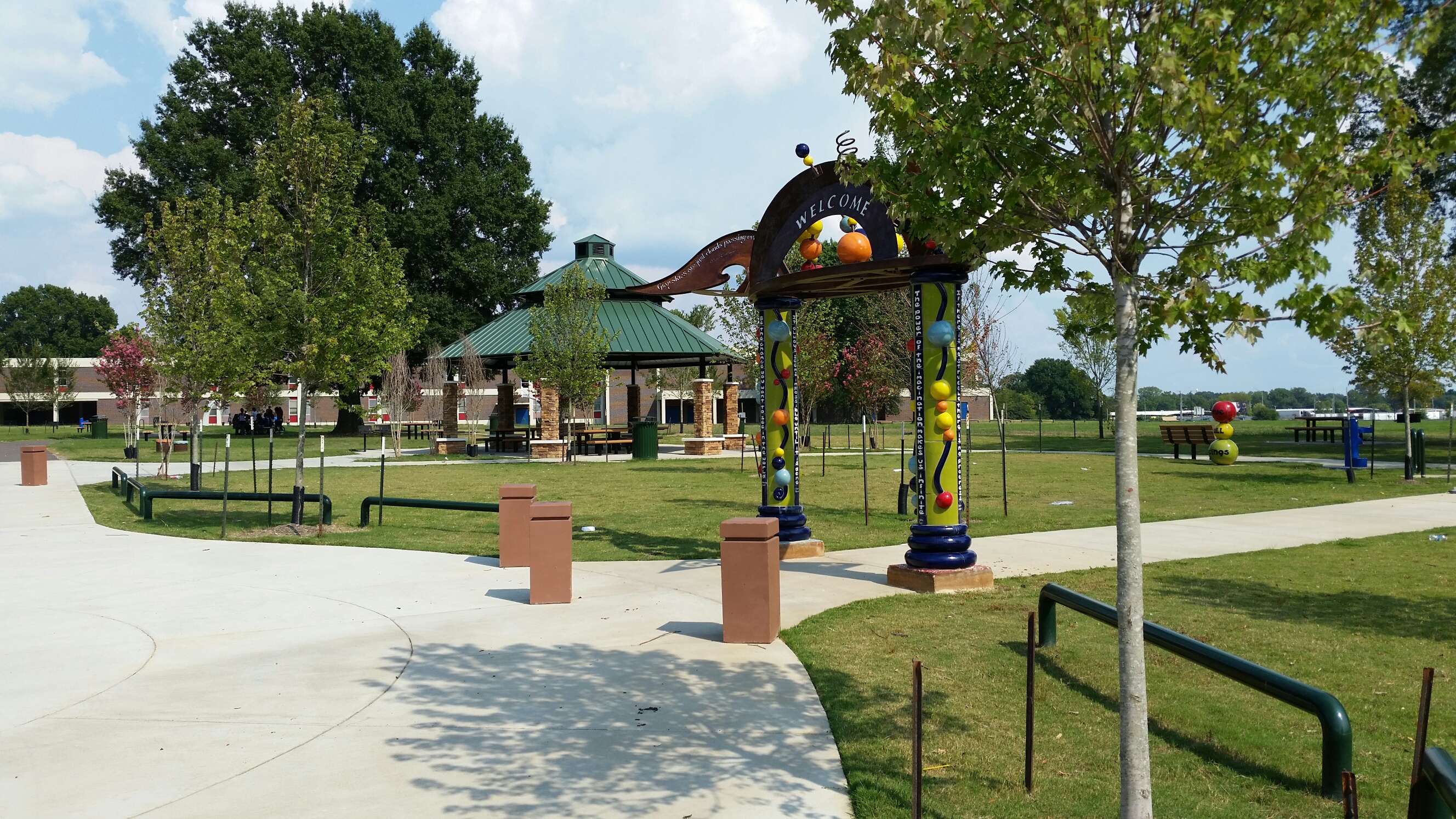After the yearly chaos that seems now to be a regular accompaniment of City of Memphis budget hearings, it appears that there is hope that the budget proposal with the best odds of passage has the potential of being an outcome much better than one expected only a few days ago.
As last week’s City Council meeting was drawing to a close, consensus was growing behind a FY2014 budget plan that on balance could begin the self-correction that’s needed for City of Memphis budgets to have long-range sustainability. It could be a step in the right direction because the current trajectory has resulted in the sacrifice of neighborhood-based services in order to put more and more money into public safety.
The approach to public safety budgets in Memphis has been akin to Congress’ approach to defense budgets. They are exempt from discussions about cutting taxes and reducing costs, and because of it, it’s the other parts of the budgets that have seen their funding flatlined and reduced. However, for the first time in several years, there’s a budget proposal that would be a step in the right direction with budget increases for services other than public safety.
Playing Public Safety Card
Today, two divisions – fire and police – have almost 80%, or 4,500 of all city employees while about 1,240 employees – about 240 fewer than only five years ago – provide the services for everything else in city government, including blight removal, parks, libraries, community centers, code enforcement, engineering, public transit, planning, information technology, human resources, purchasing, and more.
It’s not possible in one budget year to remedy the imbalance that now defines the city government budget, but the proposed budget with the most momentum at this point would be an improvement by right sizing public safety. And yet, police and fire officials have so far been unprepared to give up the “public safety card” that gets played regularly when any suggestion that would reduce the size of public safety is made. For example, police officials said last week that Memphis Police Department is 150 officers short, but it’s unclear where that number exactly comes from and how it fits into a comprehensive plan for fighting crime.
Councilman Jim Strickland, in last week’s Council meeting, got everyone’s attention when he said that the number of police officers has climbed 25 percent since 2006, but because most of them were put into jobs formerly performed by civilians, the net result was that there was no increase in police presence or patrol.
Arms Race
In addition, between 2006 and 2011, seven peer cities with populations greater than 500,000 had a violent crime reduction of more than 25% (Memphis’ drop was 20%). No city had an increase in police officers greater than Memphis and three of them achieved larger decreases in violent crimes while reducing the number of officers.
Here’s the hard reality of the arms race that is crime fighting in Memphis: It may be politically popular to put more money into public safety but at a point, there is no cause-effect between more boots on the street and lower crime rates. Rather, sustainable – and affordable – crimefighting stems from a more comprehensive approach, one that also places emphasis on interventions and prevention programs.
That’s the irony of the imbalance in city budgets. The city departments that have cut back services – think libraries, community centers, and blight – also have impact on the crime rate. They give students things to do after school, places to get together to do homework, and programs that teach study skills and healthy behaviors. Meanwhile, on the antique computers in Memphis libraries, men and women are applying for jobs online (which is required by more and more companies).
12 Fire Calls a Day
It’s no wonder that there is a certain level of aggravation by managers in other city departments who have seen their budgets shrink so public safety could get more money. Footnote: While we’re focusing on police protection in this post, fire services also has room for cuts, and although fire department officials suggest no fire station can be closed, there are efficiency reports going back seven years that analyze fire calls (there is an average of 12 fire calls a day in Memphis while there are 140 ambulance calls) and these reports make a persuasive case for reducing the number of fire stations.
But back to crimefighting. In many cities, it is the heads of the police department that are presenting comprehensive plans for reducing crime, and some of them have even called for reducing the size of their forces. It doesn’t appear that’s possible here, but it’s incumbent on city government to develop such a plan (with or without the cooperation of police officials).
Memphis’ drop in crime has been credited to a more data-driven approach to deployment and to saturation of hot spots, but in addition, the drop was part of a national trend. It’s these cyclical trend lines that often get ignored here in discussions about crime, but they are relevant nonetheless.
Robbing Peter
Crime – both property and violent crime – is at its lowest point in 40 years, and the drops in cities have outpaced the national average. The presence of more police in Memphis has been credited with the decline in crime, but it’s hard to know how much of the drop was related to that and how much was related to the same mysterious forces at work in driving down national crime rates.
Speaking about mandatory sentencing, James Alan Fox, a criminologist at Northeastern University in Boston, could have been talking about the cuts in other city services here so police could get more money. “It certainly is true that while someone is incarcerated, they can’t be out on the streets doing crime,” he said. “But at what cost to the education that could keep them from crime in the first place? We are robbing Peter – i.e., the education system – to pay Paul – the penal system. It’s impossible to call that a clear victory.”
At this point, it’s unclear if it’s even possible to hire enough police officers to satisfy the police hierarchy but it’s clear enough that hiring more and more officers is not the ultimate answer to Memphis’ crime challenges.
A Unique Opportunity
There is room for improvement, but it is assembling and executing a multi-faceted plan of action that includes all kinds of strategies to prevent criminal behavior in the first place. The first assertive step in that direction could be made with the voting this week of the budget proposal advocated by City Council Chairman Edmund Ford Jr.
Last week, he adroitly oversaw the debate on budgets, and it is likely that all of his skills in diplomacy will be put to the test this week. With a singular focus on balancing not just the numbers but city services, it’s possible that City Council will pass the most progressive budget in several years.





